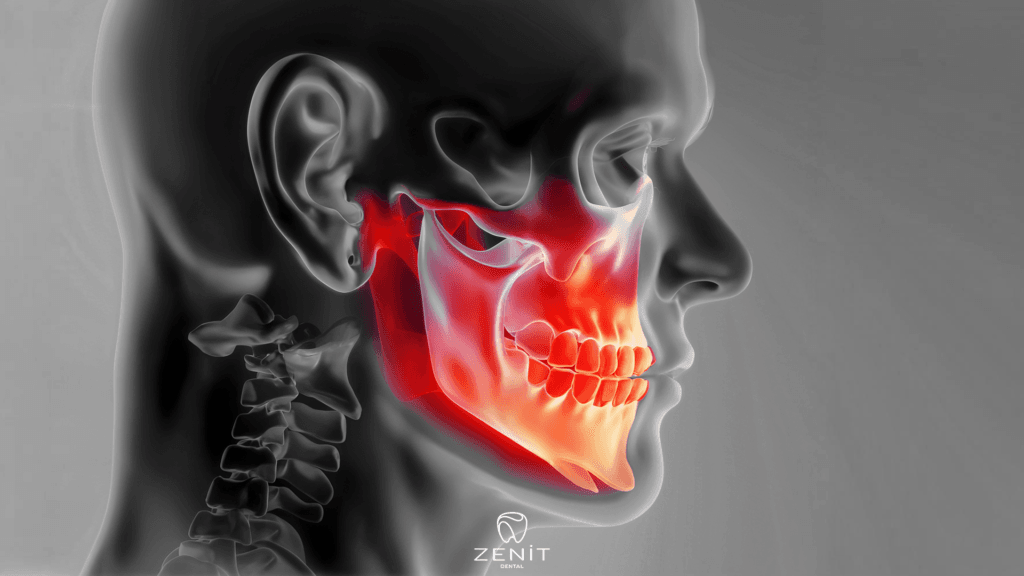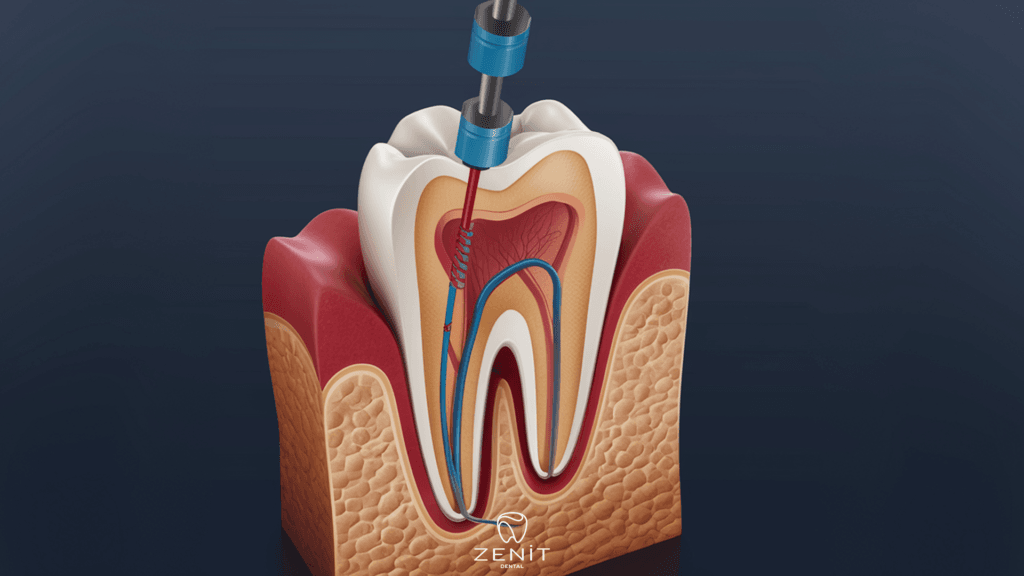Dental Floss
Dental floss, a critical component of oral care to maintain your oral health and achieve a beautiful smile, is still being overlooked by many. However, dental floss is an indispensable tool for cleaning the areas between teeth and around the gumline. In this article, we will explore why dental floss is so important and the positive effects of its regular use on your oral health.
The History of Dental Floss
Dental floss, much like toothbrushes, has a long history. People have been using similar tools to clean their teeth for thousands of years. In ancient times, different objects were used instead of dental floss. For example, ancient Greeks used thin sticks to remove food particles between their teeth. However, the modern form of dental floss emerged in the 19th century and has been continuously developed since then. Today, dental floss comes in various types – waxed, unwaxed, flavored, and dental tape, among others, providing users with a variety of options to suit their preferences and needs.
The Correct Way to Use Dental Floss

Using dental floss correctly is important to maximize its benefits. Here are the steps for proper dental floss usage:
- Choose the right floss: Select a type of dental floss that suits your needs and preferences. You can choose from waxed, unwaxed, or flavored options. The most important thing is to use floss regularly.
- Use enough floss: Cut about 45 centimeters (18 inches) of floss and wrap both ends around your middle fingers, leaving a few centimeters of space. This allows you to use a clean section for each tooth or gap, preventing the spread of bacteria.
- Hold it firmly: Use your thumb and index fingers to gently guide the floss between your teeth. It’s important not to snap or force the floss. Ensure a gentle but effective touch.
- Slide, don’t snap: While inserting the floss, gently slide it back and forth to remove food particles and plaque. Avoid applying excessive pressure to prevent bleeding or discomfort. The goal is to remove debris without causing discomfort.
- Use a clean section: After cleaning between each tooth, switch to a clean section of floss to prevent bacterial transfer. This step is crucial for maintaining proper hygiene and preventing the spread of bacteria.
- Rinse and repeat: After flossing all your teeth, rinse your mouth with water to remove loosened particles. Using water is a good practice to get rid of debris. You can also use antimicrobial or fluoride mouthwash for additional protection.
Benefits of Dental Floss
The benefits of using dental floss should not be overlooked. Here are some of them:
The benefits of using dental floss should not be overlooked. Here are some of them:
- Plaque and food debris removal: Dental floss effectively removes food particles and plaque between the teeth. Toothbrushes often cannot reach these narrow areas, so dental floss takes on this task. Removing plaque prevents the formation of cavities and gum diseases.
- Prevents gum diseases: Regular use of dental floss plays a critical role in preventing gum diseases by removing plaque and bacteria from the gum areas. Without this protection, gum inflammation and periodontitis can develop, leading to pain and even tooth loss.
- Fresh breath: Dental floss helps remove food particles that can cause bad breath. Regular use of dental floss can significantly improve your breath and boost your confidence in social interactions.
- Prevents cavities: Dental floss not only prevents gum diseases but also helps prevent cavities. Cavities often develop between the teeth or at the gumline, areas with limited access for toothbrushes. Dental floss reduces the risk of interdental cavities by removing debris and bacteria from these hard-to-reach spots.
- Oral health and overall health: Maintaining your oral health by regularly using dental floss can have broader health benefits. Some research suggests a potential link between gum disease and systemic health issues, including heart disease, diabetes, and respiratory infections. While more research is needed to establish a cause-and-effect relationship, there is a clear connection between oral health and overall health.
Disadvantages of Dental Floss

While there are some disadvantages and challenges associated with using dental floss, there are ways to overcome these difficulties and reap its benefits:
- Technique matters: Using dental floss requires the correct technique. When done incorrectly, it can lead to bleeding, gum irritation, or even damage to dental work like braces, bridges, or dental implants. It’s important to learn the proper dental flossing technique from your dentist or dental hygienist.
- Time-consuming: Some people may find using dental floss time-consuming and, as a result, may skip it in their daily routines. However, it’s important to remember that the benefits of using dental floss far outweigh the minor inconvenience of a little extra time. Investing in your oral health is definitely worthwhile.
- Types of floss: There are many options when it comes to dental floss, including waxed, unwaxed, flavored, dental tape, and various other choices. Choosing the right one can sometimes be confusing. Regardless of the type you select, it should be one that you are comfortable using regularly.
How Often Should You Use Dental Floss?
Dentists recommend using dental floss at least once a day. Dental flossing is most effective when it becomes a regular part of your daily oral hygiene routine. Ideally, you should use dental floss at the same time every day, whether it’s before or after brushing your teeth. The key is to establish a habit that ensures you do not overlook this important aspect of oral care.
Conclusion
Dental floss is an indispensable tool for maintaining your oral health and creating a beautiful smile. Despite its disadvantages, you can overcome these challenges by learning the correct technique and using it regularly. Remember that regular dental floss usage, along with regular brushing and dental check-ups, is the key to achieving a healthy and beautiful smile.
So, embrace dental flossing as an integral part of your daily routine, and your teeth and gums will thank you for it. Dental floss is more than just a piece of string; it’s a powerful tool that can help you achieve excellent oral health. Keep in mind that a small step can make a big difference, so take a step towards a happier and more confident life with a healthy smile. Taking care of your oral health and smile can have a positive impact on every aspect of your life.






